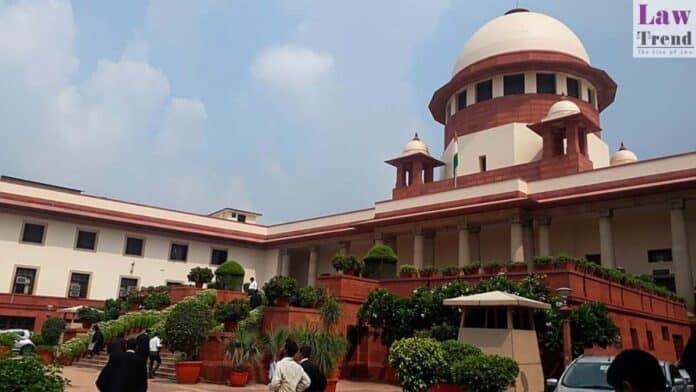The Supreme Court of India, in a significant ruling, has quashed criminal proceedings in a property dispute, holding that the offences of cheating under Section 420 and criminal breach of trust under Section 406 of the Indian Penal Code (IPC) are antithetical to each other and cannot co-exist in the same set of facts. A
To Read More Please Subscribe to VIP Membership for Unlimited Access to All the Articles, Download Available Copies of Judgments/Order, Acess to Central/State Bare Acts, Advertisement Free Content, Access to More than 4000 Legal Drafts( Readymade Editable Formats of Suits, Petitions, Writs, Legal Notices, Divorce Petitions, 138 Notices, Bail Applications etc.) in Hindi and English.




